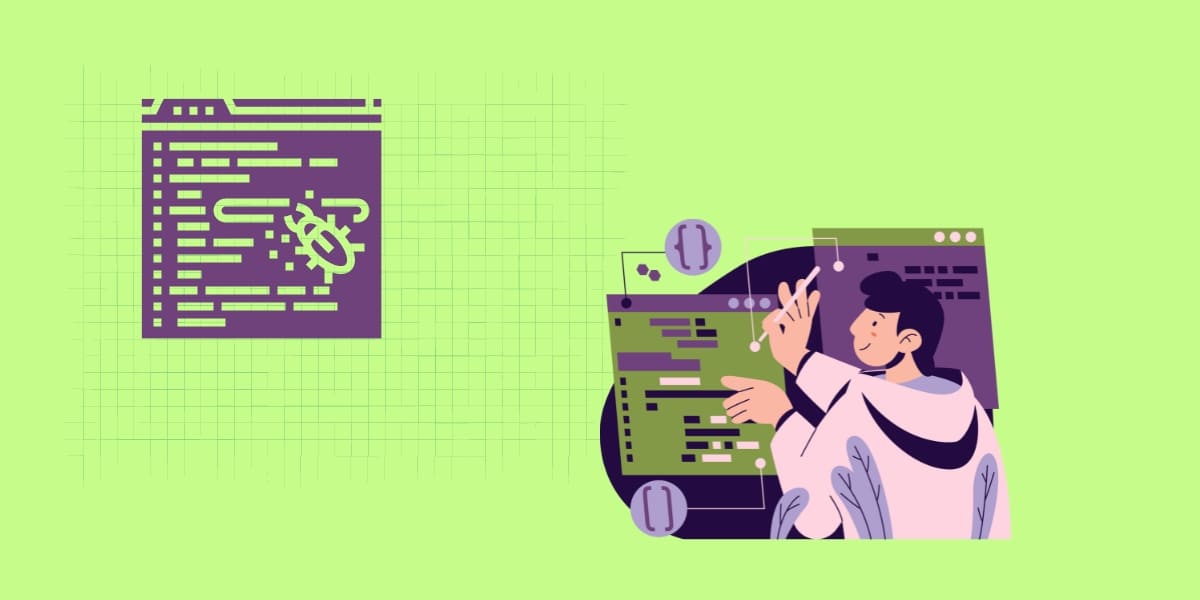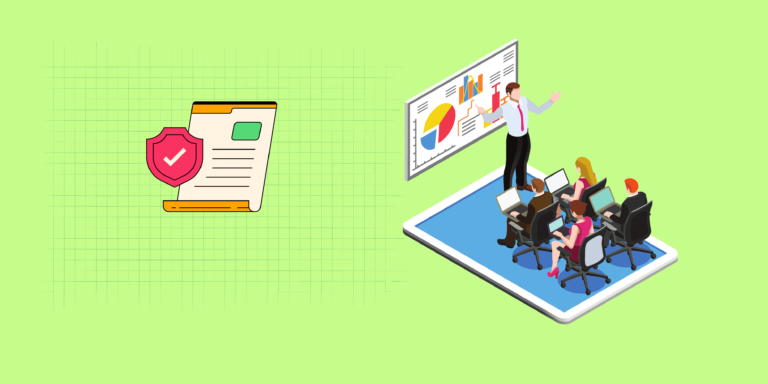A QA tester is a specialist responsible for ensuring the quality of computer programs, video games, websites, and various digital products. Unlike a quality control tester, a quality assurance tester identifies flaws during the product development stage rather than after its release to the market. They track the causes of errors and report them to the relevant team members who can fix them.
QA testers check software using manual methods. However, specialists also use automated testing methods to save time on tasks.
They can attempt to hack the system, generate an error, and all this so that the end user does not face a similar problem in the future.
Roles of a Quality Assurance Tester
The role of a QA tester depends on the company and the actual project they are working on. The tester develops a project plan, sets quality standards, and determines the method of work manual, machine, or mixed. It is much simpler to fix errors at the beginning or in the middle of development than after the software is finished.
Other responsibilities of a quality assurance tester include:
- Identify system boundaries and test software functionality.
- Identifying functional errors in digital products before their release.
- Writing code for automated tests.
- Researching new testing processes and technologies to enhance effectiveness.
- Reviewing user interfaces and feedback, analyzing product features.
- Work with QA engineers to create effective test plans and implementation strategies.
Thus, the job of a QA tester is to work with developers to evaluate risks, identify gaps in the functionality of the product, and eliminate them during the development period.

Which type of QA testing is best?
There are various types of testing. Not all of them are necessary for every project, but a qualified QA tester ideally should be proficient in these methods.
- Unit Testing Breaking the product into small, unique parts called modules to simplify testing.
- Performance analysis Evaluation of product performance using different software loads.
- Performance testing evaluates the concurrent operation of different parts of the program code.
- Load Testing Evaluating the correctness of the product's operation under extreme conditions.
- Functional Testing Ensuring the functionality of elements in software meets defined standards.
- System Testing Comprehensive evaluation of functionality to understand how the product works in real conditions.
- Usability Testing Evaluating user convenience and the correctness of task execution.
- Mobile Testing Ensuring product usability on mobile devices by considering screen size, memory usage, battery consumption, and the likelihood of receiving a phone call while using the mobile application.
Security Testing and Regression Testing Essential final stages involve verifying product behavior after changes to prevent new defects after improvements.
What to Master for a QA Tester?
First and foremost, a QA tester is responsible for adhering to standards. QA is the «middleman» between developers and users.
So, to summarize. To become a quality assurance tester, you must have a specialized technical education — this is the first option. The next option is to complete special training courses in testing, which will lead you to the profession faster. Get ready to practice and hone your skills during your entire professional life, since everything in IT is changing at a rapid speed.



